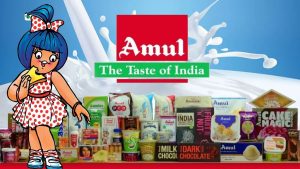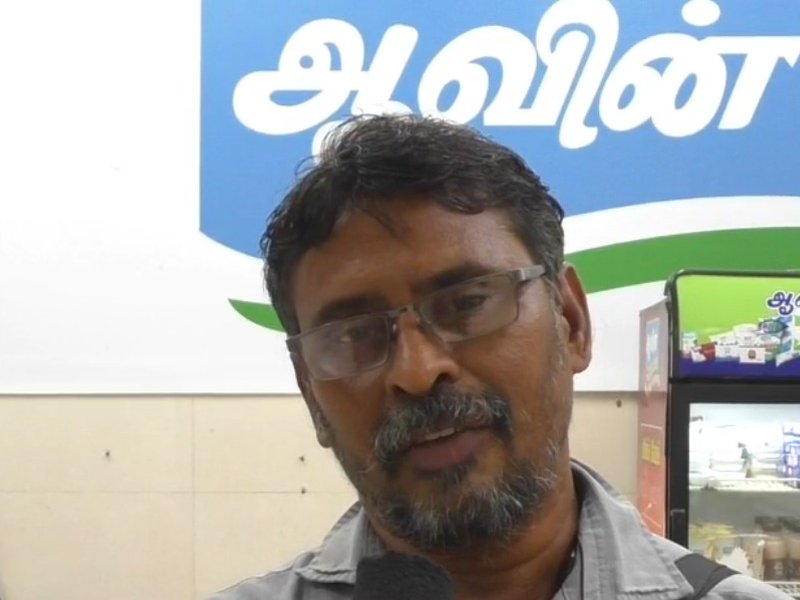
GST reduction sparks a call for a government-run dairy to pass on benefits to consumers.
The international agribusiness community is watching a compelling development in the Indian dairy market, where public pressure is mounting on a major government-run cooperative. According to the article from IANS Live, an Ambattur resident, G. Murugan, has formally urged Aavin to reduce the maximum retail price (MRP) of its milk and curd. The request is a direct response to a significant government policy change and highlights the role of public-sector companies in consumer welfare.
The core of the issue lies in a key piece of data journalism: a decision by the Goods and Services Tax (GST) Council in its 52nd meeting. The Council reduced the GST on pre-packaged and pre-labeled milk and curd from 12% to 5%. This substantial tax reduction has provided a clear opportunity for dairy companies to lower prices, and consumers are now expecting these benefits to be passed on to them in the form of a more affordable product.
A crucial element of the article is the contrast between Aavin and its private-sector competitors. The report notes that private dairy firms such as Hatsun and Dodla Dairy have already responded to the tax cut by reducing their prices by an impressive Rs 3 per litre. This action places Aavin under increased scrutiny and sets a benchmark for what consumers expect. The willingness of private players to act quickly on this policy change puts Aavin’s lack of action into sharp relief.
The resident’s letter to Aavin’s Managing Director is a powerful statement on agribusiness ethics and corporate social responsibility. Murugan argues that because Aavin is a government-run entity, it has a moral obligation to lead by example. He asserts that a public-sector firm should prioritize the well-being of its citizens by passing on the tax benefit, rather than absorbing it to increase profit margins. This argument frames Aavin’s decision not just as a business choice, but as a public duty.
In conclusion, Aavin’s response to this public pressure will be a key indicator for dairy economics and the broader food supply chain in India. It will show how government-run firms balance commercial interests with their public mandate. For international manufacturers and analysts, this situation provides a valuable case study on the interplay between government policy, consumer expectations, and the competitive dynamics of both public and private-sector players in a major global market.
Source: IANS Live, “Ambattur resident urges Aavin to cut MRPs after GST reduction”
You can now read the most important #news on #eDairyNews #Whatsapp channels!!!
🇮🇳 eDairy News ÍNDIA: https://whatsapp.com/channel/0029VaPidCcGpLHImBQk6x1F

















